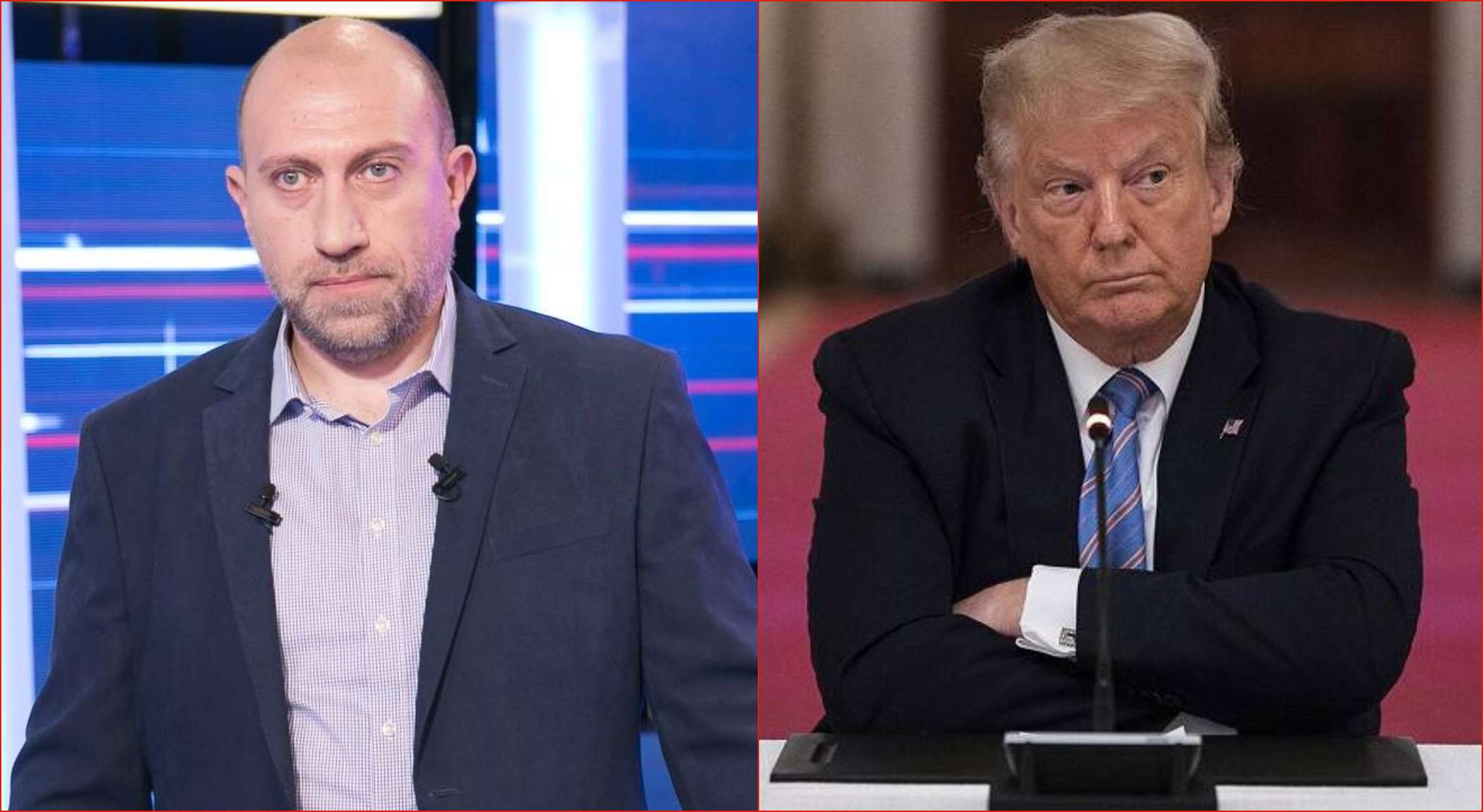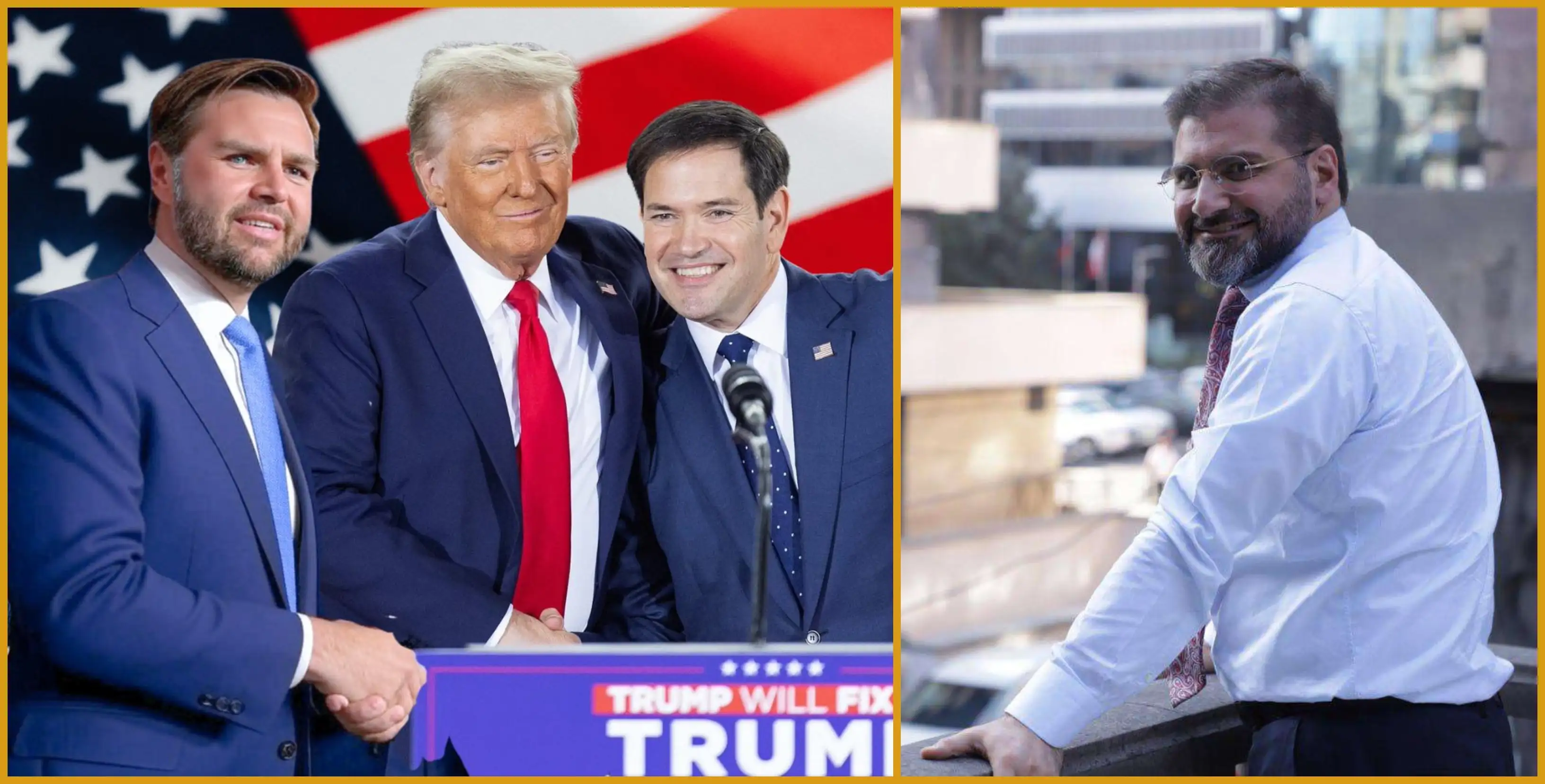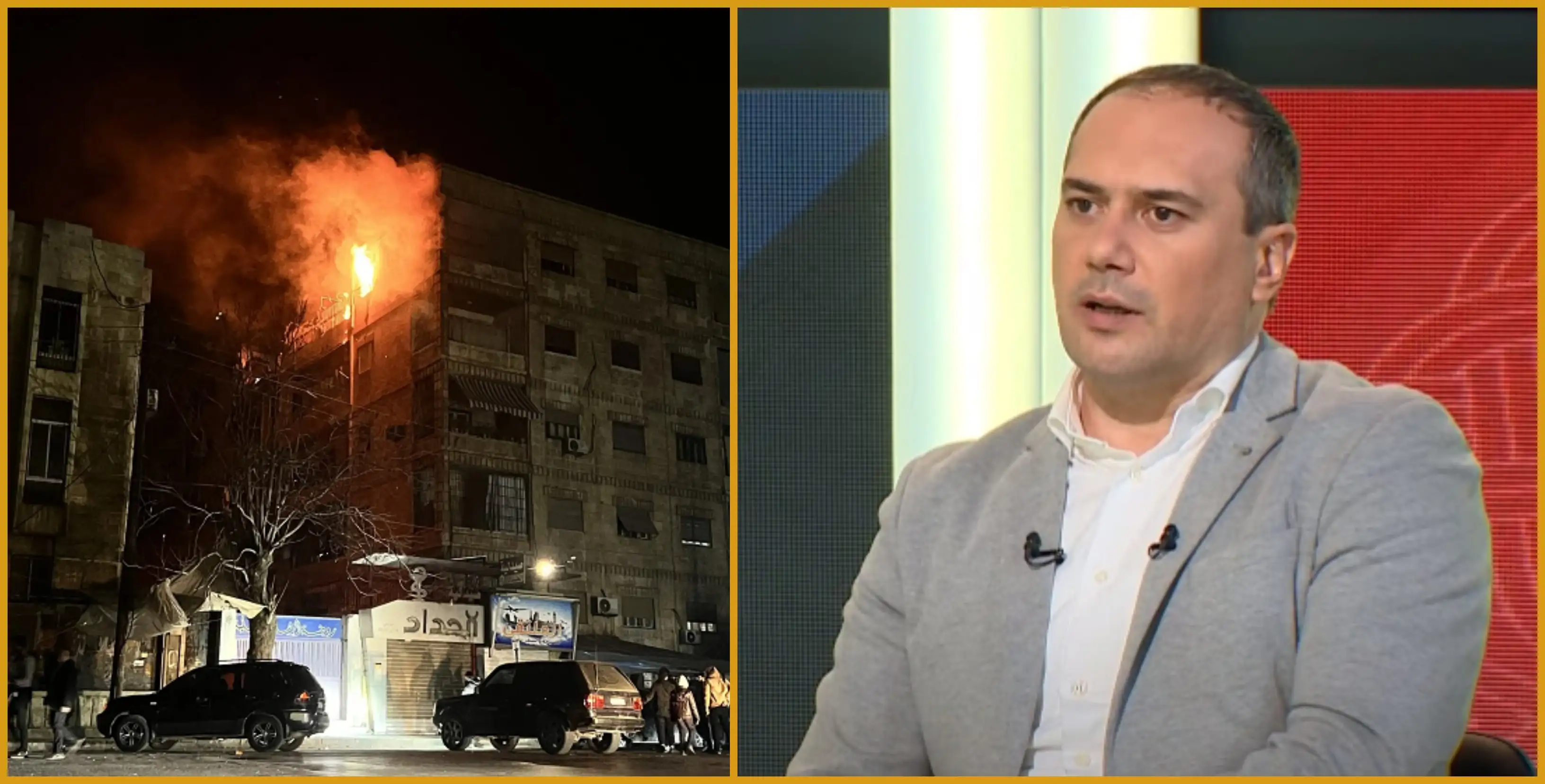Radar Armenia's interlocutor is political analyst Hakob Badalyan.
- How will US-Russian relations develop now that Donald Trump has been elected US president?
- What the dynamics of the United States-Russia relationship after the return of Donald Trump to the White House should be evaluated based on what that relationship will be like in the next two and a half months, which will be the period of power change and Trump will leave office in January 2025. It is very important to know what events will happen in Russian-American relations during that time because they can significantly predetermine the development in any direction during Trump's immediate presidency.
- Why do I consider the two-and-a-half months to be significant? Considering the genuinely unprecedented sharp confrontation in the United States, the circumstances of the power transfer are worthy of questioning. For example, there was a lot of talk about possible post-election developments in the United States. It is genuine here that these developments should not be imagined in the classic post-election mass scenarios we are familiar with. They can have specific manifestations behind the scenes and in the international arena. Of course, it is essential here how smoothly the Democratic administration will transfer power to Trump in terms of the internal and external environment. These crucial factors will predetermine the United States-Russia relationship during the Trump presidency in a susceptible period of geopolitics.
- What effect will US-Russian relations have on the South Caucasus, particularly on Armenia and the process of regulating Armenian-Azerbaijani relations?
- The Russian-American relationship will influence the Caucasus, regardless of how it will develop the ship between the United States and Russia during Trump's presidency. In any case, there will hardly be a fundamental change in it in the foreseeable future; therefore, in this regard, we can talk about whether the United States will not, from a tactical point of view, weaken its activity in the direction of the Caucasus and will not refuse to consider the Caucasus as a pressure platform for Russia, including with its direct active participation.
Joe Biden's letters to Aliyev and Pashinyan, in which he offered an early agreement on the peace treaty, were the last attempt to register some change before the period of possibility of passivity. At least, it gave that impression. For Trump, the situation in the Middle East will be the most important, although here, too, the American policy and, in general, the political situation will have a significant impact on the Caucasus. However, in a tactical sense, there is a high probability that the Trump administration will not show the activity that we saw during the Biden administration, including the active involvement of Secretary of State Blinken. Although that activity was phased, we last saw it manifest like this 4 years ago.
It had a zigzag course: an active period, then a certain passive period, but relative passivity regarding the Caucasus is considered more likely during Trump's presidency. Trump will focus on restraining China and more toward the Asia-Pacific region. Much depends on the Trump administration's approach to the "middle corridor." Whether Trump has other ideas in this regard or what the Biden administration announced, this measure is a priority for the United States; Trump will also consider it a priority simply by carrying out the work towards it in other tactical ways.
Hayk Magoyan


















